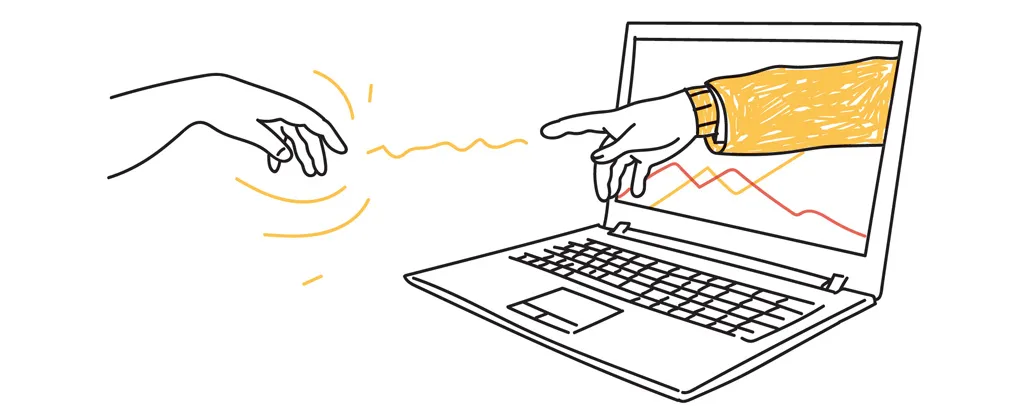The cancellation of the license may be followed by bankruptcy of the broker. And in this case, there is a risk that you will not be able to fully return your money and securities.
How to act in order to increase the chances of saving assets, read in the text “My broker’s license was revoked. What to do?”.

How to reduce the risk when working with a broker?
Protect money
Generally, the broker can use your money to their advantage. If the broker is a bank, then he has the right to do this by law. If the broker is not a bank, then he most often includes a clause in the contract that allows him to transfer your money to his account.
As long as the broker is doing well, there is nothing dangerous about it. He lends your money to other clients for a short time, receives interest for this – and thanks to this, he can reduce your fees for his services.
But if the broker goes bankrupt, then you can lose some of the money – the law on the securities market does not guarantee the return of funds that are withdrawn from the client account to the broker’s account.
Therefore, the main recommendation is not to keep money in a brokerage account for a long time.
Invest them in securities or withdraw them to your bank account. First, interest can accrue on a bank account. And secondly, the money on the accounts and deposits of individuals and individual entrepreneurs are insured by the state. In case of problems with the bank, you automatically get the right to pay insurance compensation up to 1.4 million rubles.
Another reliable way to protect money is to open a separate (also called segregated) account. And at the same time, write in the contract that you prohibit the broker from using your money. If the broker’s license is revoked, you can withdraw all the money from your personal account without the slightest delay.
But the fees for maintaining an individual account are much higher than for maintaining a common one. They can be so large that your return on risky operations in the stock market may be lower than the interest on virtually risk-free bank deposits.
Protect securities
The broker can use your securities if you allow him to do so. Such a clause is often prescribed in a brokerage service agreement. In this case, the broker is obliged to return the securities at your first request. And if you want to sell them, then he must immediately execute this order and credit the proceeds from the sale to your account.
But even under such conditions, you are at risk. If a broker borrows your securities and goes bankrupt, there is a high probability that he will not be able to return them.
It is also worth considering that stocks can pay dividends, and bonds can pay coupon income. And when the issuing companies compile a list of recipients of such payments, it is important who will be the holder of the securities at that moment. If at this time the securities are with the broker, then not you, but the broker will be included in the list. Typically, the broker is contractually obligated to transfer dividends or coupon income to you. But there is a risk that he won’t.
If you are not ready for these risks, you can not give the broker the right to use your papers. But, most likely, this will increase the cost of brokerage services.
And even if you do not give the broker permission to use your securities, he will still have access to the securities that are on your trading depo account.
Securities are credited to the depo trading account when you buy them on the stock exchange, and debited from it when you sell them. These transactions you make through a broker. Therefore, the broker always has the right to send instructions to the depository for crediting and debiting the securities that are on your trading depo account.
Securities that you do not plan to sell yet, you can keep on a regular depo account that is not intended for trading on the stock exchange. However, you have the right not to give the broker permission to dispose of securities in this account.

If you want to sell securities from a regular depo account on the stock exchange, then, as a rule, you will need to give two instructions at once: transfer securities from a regular account to a trading account and sell them. And if you decide to buy securities and hold them for some time, you can simultaneously give two instructions – to buy and transfer these securities to a regular depo account. If you do not plan to actively trade in the stock market, but want to invest in stocks and hold them for at least a couple of years, then you can use another option. You can open a personal account in the register of shareholders maintained by the registrar company. And transfer your securities to this account. Without your permission, the broker does not have access to your personal account.
But, most likely, you will have to pay additionally to the depository for transferring securities to a personal account, as well as to the registrar for opening and maintaining such an account. Specify the cost of these services in advance and decide whether you are ready for these expenses. Keep in mind that the registrar may also have their license revoked. And registrars also do not participate in the state deposit insurance system.